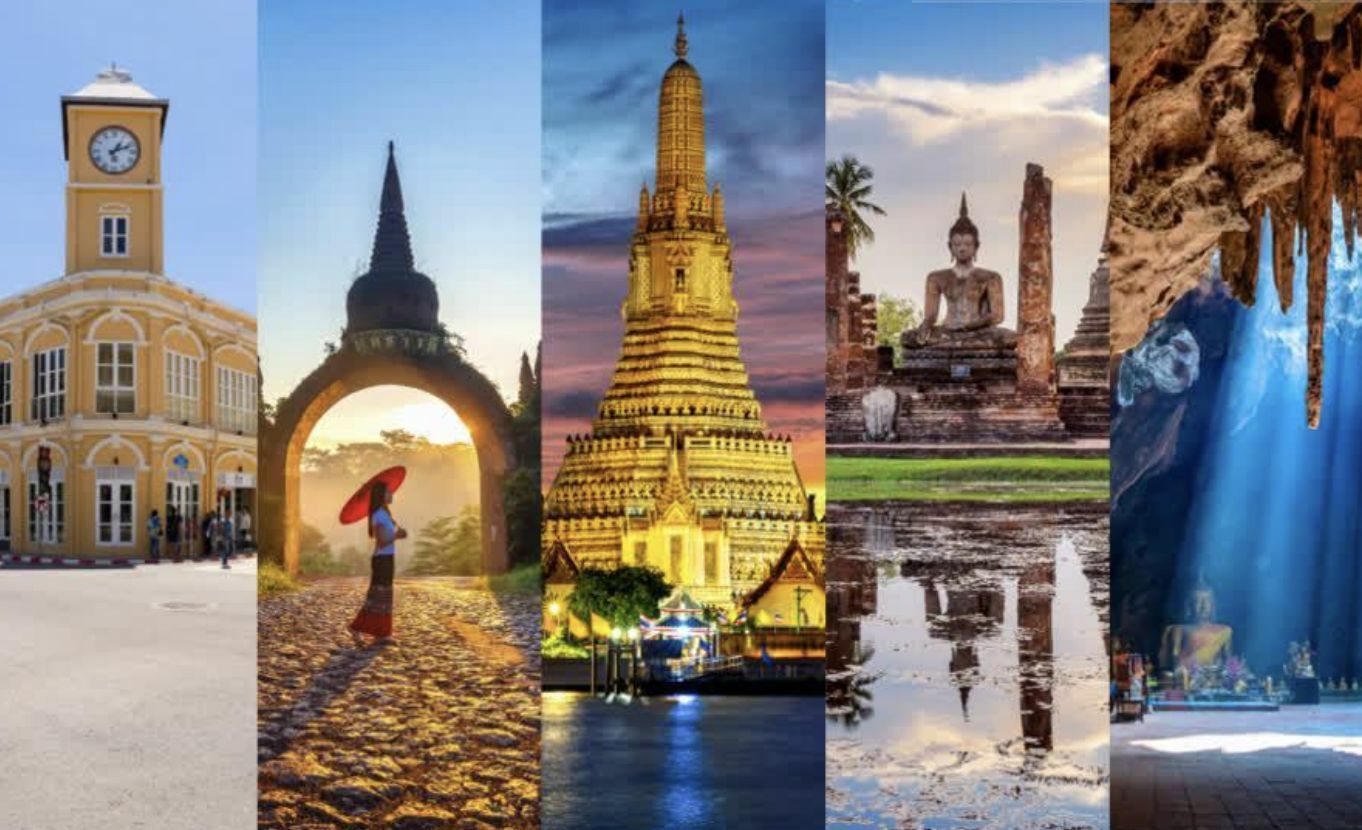Thailand celebrates five cities designated as UNESCO Creative Cities

Thailand earns global recognition with five cities designated as UNESCO Creative Cities. Government Spokesperson Anucha Burapachaisri celebrated the achievement, emphasizing the cities’ diverse creative talents and cultural heritage in areas like gastronomy, crafts, folk arts, and design.
Phuket was the first Thai city to be honoured with the UNESCO Creative City of Gastronomy status back in 2015. The island’s local food industry generates an impressive annual revenue of about US$3.6 billion. Phuket’s traditional food varieties, deeply ingrained in the local culture and passed down through generations, played a significant role in securing this prestigious recognition.
In 2017, Chiang Mai, a city celebrated for its exceptional craftsmanship and folk arts, was recognized as a UNESCO Creative City. Known for its expertise in wood crafts and the production of ceramics, niello, and silver wares, the province has long been renowned for its skilled artisans.
Bangkok, the bustling capital city of Thailand, was awarded the UNESCO Creative City status in the field of design in 2019. This accolade was given to Bangkok for its unique fusion of traditional and modern designs, reflecting the diversity of its inhabitants and the city’s evolving design landscape, the Pattaya News reported.
Sukhothai, like Chiang Mai, was honoured as a UNESCO Creative City of Crafts and Folk Arts. The province is home to an impressive community of over 1,300 artisans who participate in various community-based industries such as textile weaving, ceramic ware production, and crafting of gold, silver, and Sangkhalok ceramics.
Lastly, Phetchaburi was designated a UNESCO Creative City of Gastronomy, thanks to its ecological diversity and traditional community recipes. This recognition underscores the region’s rich culinary traditions and its commitment to preserving its cultural and natural heritage through traditional community recipes.
Last month, the Preah Vihear temple ruins in Si Sa Ket reopened after a 15-year suspension to boost tourism and promote peace dialogue with Cambodia. The temple has been inaccessible from Si Sa Ket’s Kantharalak district since 2008 due to border disputes between the two countries.
The temple, built on a cliff between the 9th and 11th centuries as a dedication to the Hindu God Shiva, was listed as a UNESCO World Heritage site in 2008. Read more about the story HERE.
Latest Thailand News
Follow The Thaiger on Google News:


























